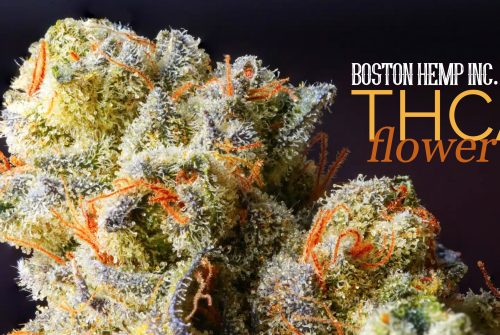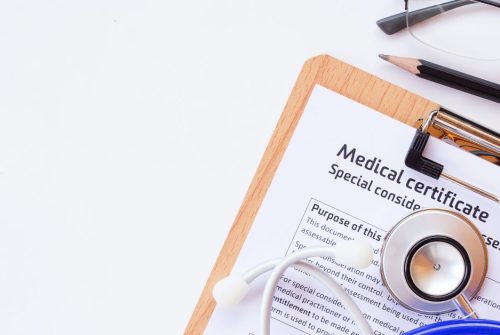
Ambien is the premium brand for zolpidem, a sedative-hypnotic (i.e., sleep aid) medication. It is a depressant drug, which means it reduces brainwave activity. Ambien is offered in two formulations: rapid release and prolonged release. Drugs in this class have essentially replaced other formerly recommended (and misused) drugs for instances of insomnia.
According to the Substance Abuse and Mental Health zolpidem is comparable to benzodiazepines such as Xanax ambien plus alcohol, but has a slightly diverse molecular composition physically formulated as such in an attempt to reduce its potential for physical dependence. The DEA defines it as a drug with a limited potential for dependency; however, when it is abused, this danger increases.
Ambien and Excessive Drinking Have Possible Effects
The pharmaceutical firm that develops and promotes Ambien advises that those who have a history of alcohol and drug misuse are more likely to abuse Ambien. Those who misuse alcohol and have been taken Ambien should be treated with extreme caution.
Along with the negative short-term impacts of Ambien usage, various long-term issues may occur. When Ambien is used with alcohol, it can cause liver, kidney, brain, heart, and pancreatic damage. Ambien may change cognition and behaviour in certain users.
Cross alcohol and Ambien usage can be treated in rehab facilities. Withdrawal from alcohol may be harmful on its own, but when combined with the hypnotic effect of Ambien, the risks are multiplied.
Look for a treatment facility that provides supervised injection detox with proper medication administration to reduce the uncomfortable and sometimes existence withdrawal symptoms. Because Ambien is related to the benzodiazepine class, medical intervention may be difficult, but a longer-acting benzodiazepine may be the best option because it is simpler to transition off each other and helps in preventing migraines.






